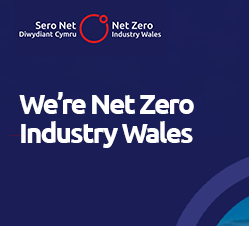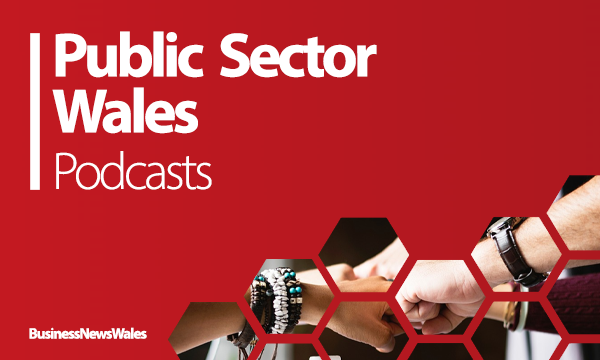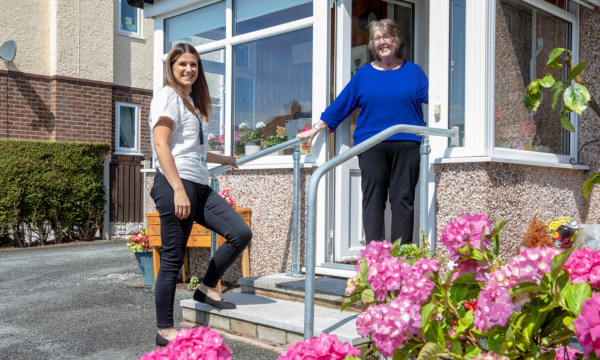
GUEST COLUMN:
Ben Eaton
Strategic Director of Organisational Strategy & Engagement
Llais
Let’s face it: when most people hear the word “target” in the context of healthcare, their eyes glaze over. But behind every number on a waiting list is a person, a family, and a life on pause. And when the Welsh Government talks about a “new deal” for the NHS in Wales, it’s our role at Llais to make sure people come first.
The promise? Shorter waits, more transparency, better care. The challenge? Making that promise real in people’s everyday experiences.
That promise comes with a bold, five-part vision: from prevention and digital tools to regional services and stronger leadership, but it will only work if it delivers change that people can see and feel.
This is the leadership test. How health boards, trusts, and national bodies respond and work together will define whether this moment becomes a turning point or a missed opportunity. The scale of the challenge ahead is enormous, and there’s no room for silos or slow starts.
At Llais, we’ve been listening closely to what people across Wales expect from their NHS and what they need to play their part. These insights shape how we view the new ‘deal.’
We welcome the ambition and the focus on people. It’s vital that change is shaped by lived experience, supported by committed staff, and felt by all of us who use NHS services every day.
People tell us about the toll of long waits for test results, diagnosis, and treatment: anxiety, declining health, missed work, and uncertainty that casts a long shadow. These targets are only progress if they lead to real, tangible change.
We’re encouraged by the commitment to transparency and clearer performance reporting. Giving people access to real-time updates on their care, especially through tools like the NHS Wales App, is a step in the right direction.
People deserve to know what’s happening. Transparency builds trust but it must also drive change. Open data, clear expectations, and stronger accountability can help create a culture that learns, adapts, and improves.
Digital tools have great potential, but they must work for everyone. Digital exclusion is still real in many parts of Wales. That means communities need digital access support, offline alternatives, and co-designed tools that fit real lives.
The Cabinet Secretary’s “new deal” includes removing people from waiting lists if they miss 2 appointments without a good reason.
We understand why the NHS needs to reduce missed appointments, but life isn’t always predictable. Poor transport, work shifts, caring duties, or short notice can make it impossible for people to attend.
A two-strikes rule that isn’t supported by better appointment systems risks punishing those already facing the biggest barriers. That’s why these changes must be explained clearly, applied fairly, and backed by appointment systems that work with, not against, people’s lives.
We agree that funding should follow what works. But what works isn’t just about efficiency stats it’s about how people experience care.
We see great examples of person-centred care across Wales. Services need to understand what’s working, share lessons widely, and spread success so that no one is left behind based on where they live.
It makes clinical sense to list people for surgery only when they’re fit and ready, but this must never become a barrier to care.
Many people face challenges that make “fitness” harder, from long-term conditions to mental health issues to lack of support. To improve recovery rates and reduce cancellations, wraparound support must be offered to bring everyone up to the same starting line.
Preparation should be empowering, not exclusionary. Everyone should have access to clear expectations, practical help and support, and a way to raise concerns if they feel unfairly held back.
This is a chance to truly focus NHS Wales around the people it serves. Technology and targets can drive improvements but only when they’re grounded in the everyday reality of people, their families, and the NHS workforce.
Let’s be clear the pressures on frontline staff are immense. This isn’t about blame. We know the physical and emotional toll this challenge is already taking on those who show up every day to care for others. Real change means building a system that supports them, not just expects more.
Our role at Llais is to keep listening and to make sure what we hear from people and communities across Wales leads to meaningful, visible change.
As Strategic Director at Llais, my role is to make sure the voices of people and communities shape not just how we respond but how we lead by example.
That’s why we’ll be working closely with communities, NHS leaders, and Welsh Government, to help them make this vision a reality for people. Through our national work on rights, expectations and responsibilities, we want to shape this conversation and support collective action.
The ‘New Deal’ could be a turning point, but only if we act quickly with a common purpose, work together, and stay focused on what really matters: improving people’s lives.














